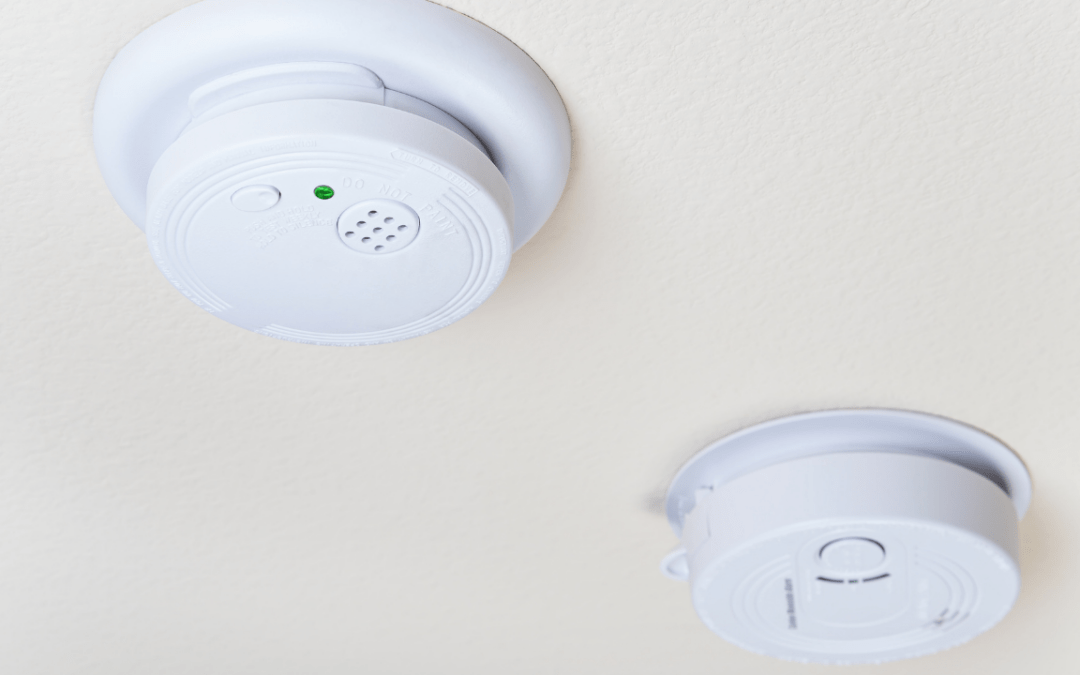If you didn’t already know, this week is Fire Prevention Week! There are many things we can do to protect our homes, our safety, and the safety of our loved ones. Here are some tips to consider this week:
HVAC (Furnace) System, Fireplace & Space Heater Safety
It’s important to acknowledge that heating equipment is the leading cause of home fire deaths, and as temperatures drop during the winter months, the risk of a home fire increases. Luckily, we’re still in Autumn with plenty of time to address concerns. Follow these simple tips to prevent a heating fire from happening in the first place:
- Have central heating equipment, water heaters, or even stationary heating equipment installed according to the manufacturer’s instructions and local codes by licensed professionals.
- If you have a chimney, be sure to have it cleaned and inspected annually by a qualified professional.
- Check the surrounding areas of your heating equipment, like the furnace or fireplace. Keep these areas free from anything that can burn by at least three feet.
- Check the fireplace screen. Screens should be sturdy as they stop sparks from flying into the room.
- Have your heating system inspected every year by a professional HVAC technician. These inspections check the electrical components and gas lines to your furnace (if gas heating system). Sign up for a home maintenance plan to save money and automate your yearly tune-up appointments.
Please consider some key points from the report, “Home Fires Involving Heating Equipment” by the NFPA:
- The leading factor contributing to ignition for home heating fire deaths, about 56%, was heating equipment being too close to things that can burn, like furniture, clothing, or bedding.
- The leading factor contributing to home heating fires, about 30%, was the failure to clean heating equipment.
- Two out of every five fires due to heating equipment are started by a space heater.
Source: NFPA’s “Home Fires Involving Heating Equipment” report (PDF)
Smoke Alarm Safety Tips
- Install smoke detectors on every level of your home.
- Place smoke detectors on the ceiling or high up on the wall.
- Test the smoke alarms and carbon monoxide detectors at least once per month.
- If the smoke alarm is chirping, replace the batteries. Make sure to press the “test” button after to make sure it works.
- If someone in your home is hearing impaired, consider installing smoke alarms that include strobe lights or bed shakers.
- Learn more about the installation and maintenance of smoke alarms here.
Electrical Safety Tips
Close to 50,000 home fires start every year because of electrical equipment malfunctions. To protect your home and prevent a home fire due to malfunctioning electrical equipment routinely test outlets and breakers and schedule an annual electrical safety inspection.
To learn more about electrical safety, including information on surge protectors and smoke or carbon monoxide detectors, visit ESFI.org.
Additional resources to review this National Fire Prevention Week:
- Facts about the general causes of home fires.
- Fact Sheet about US Home Heating Equipment Fires


